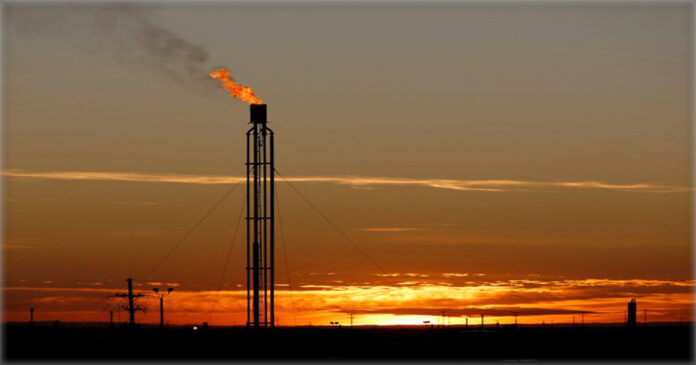IN ABU DHABI: The energy ministers of Qatar and the United Arab Emirates (UAE) said on Saturday that the need for natural gas would last for a very long time and that additional investment is necessary to guarantee supply security and reasonable prices during the global energy transition.
The mild winter in Europe had caused prices to decline, but Saad al-Kaabi, state minister for energy for Qatar, warned that volatility would persist “for some time to come” because there would be little new gas entering the market until 2025.
The problem, he continued, is what will happen when Europe wants to restock its inventories in the upcoming year and the following year.
There is a limit to what we can do, Kaabi later told reporters, adding that Qatar, which is seeking to increase its gas output, has limited volumes heading to Europe that it would not divert away.
One of the biggest producers of liquefied natural gas in the world is Qatar (LNG). A member of OPEC, the UAE is increasing its attention on the gas market as Europe looks to substitute Russian energy imports following supply reductions brought on by Western sanctions against Moscow over its invasion of Ukraine.
The minister of Qatar expressed his conviction that Russian gas would eventually reach Europe.
UAE and UK establish agreement to improve energy sector and environmental protection
Speaking on the same panel in Abu Dhabi, UAE Energy Minister Suhail al-Mazrouei concurred that while more renewable energy would be installed, more investment was required in gas as a base load.
According to Mazrouei, “the entire globe needs to think about resources and how to encourage businesses to create more gas in order to make it accessible and reasonably priced.”
Kaabi argued that it was unfair for people in the West to argue that African countries shouldn’t be drilling for oil and gas because it was crucial to their economies and the world required more supplies as part of its quest for green energy.
According to Mazrouei, many nations’ “unclear” strategies made it difficult for them to sign long-term gas contracts, which made it difficult for energy corporations to obtain financing for investments in expanding production capacity.
Germany this year signed a 15-year supply agreement for Qatar LNG beginning in 2026, the first of its kind from Qatar’s North Field development project to reach Europe as LNG supply rivalry heated up. QatarEnergy inked a 27-year contract to supply Sinopec in China.
Kaabi, who is also the CEO of QatarEnergy, stated that they are holding talks with numerous parties all over the world.
He predicted that the large number of European and Asian purchasers will likely sell out the entire Qatar extension by the end of the year.
Six LNG trains are part of Qatar’s two-phase North Field development plan, which would increase the country’s liquefaction capacity from 77 million tonnes annually to 126 million tonnes by 2027.

